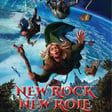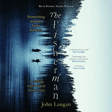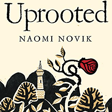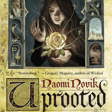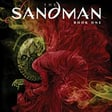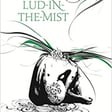
The Perils of AI In The Creative Industries
Bean and Dan were once more joined by Tade Thompson, who relates to us his experiences of moving into the world of screenwriting, an entirely different beast than novel writing, and which comes with its own trials and networks to navigate.
He discusses the different writing techniques required, the different ways a manuscript works its way through production systems, and how a film or TV show actually gets made. He even has a little scoop for us towards the end of the episode.
Elsewhere, we discuss the perils and opportunities of the use of AI in writing, particularly the threat it poses to creative industries, but also where its limitations lie. As a psychotherapist, Tade also relays strong opinions about how a reliance upon AI can have effects upon human cognitive ability. As we meander through the conversation we cover upon Sith lords, breast-punching, and Dan's recycling.
Elsewhere, Sligo resident Montoolian McD'Gaskell attempts to win big big money but runs up against an unlikely obstacle: Google Gemini AI. Will Montoolian win enough cash to buy himself another beer? Listen on to find out...
Tade Thompson is the author of several modern science fiction hits, including the award-winning Rosewater trilogy, Far From The Light Of Heaven, and other works such as The Murders of Molly Southbourne, and Jackdaw, which has become one of Chronscast's favourite novels of recent years.


